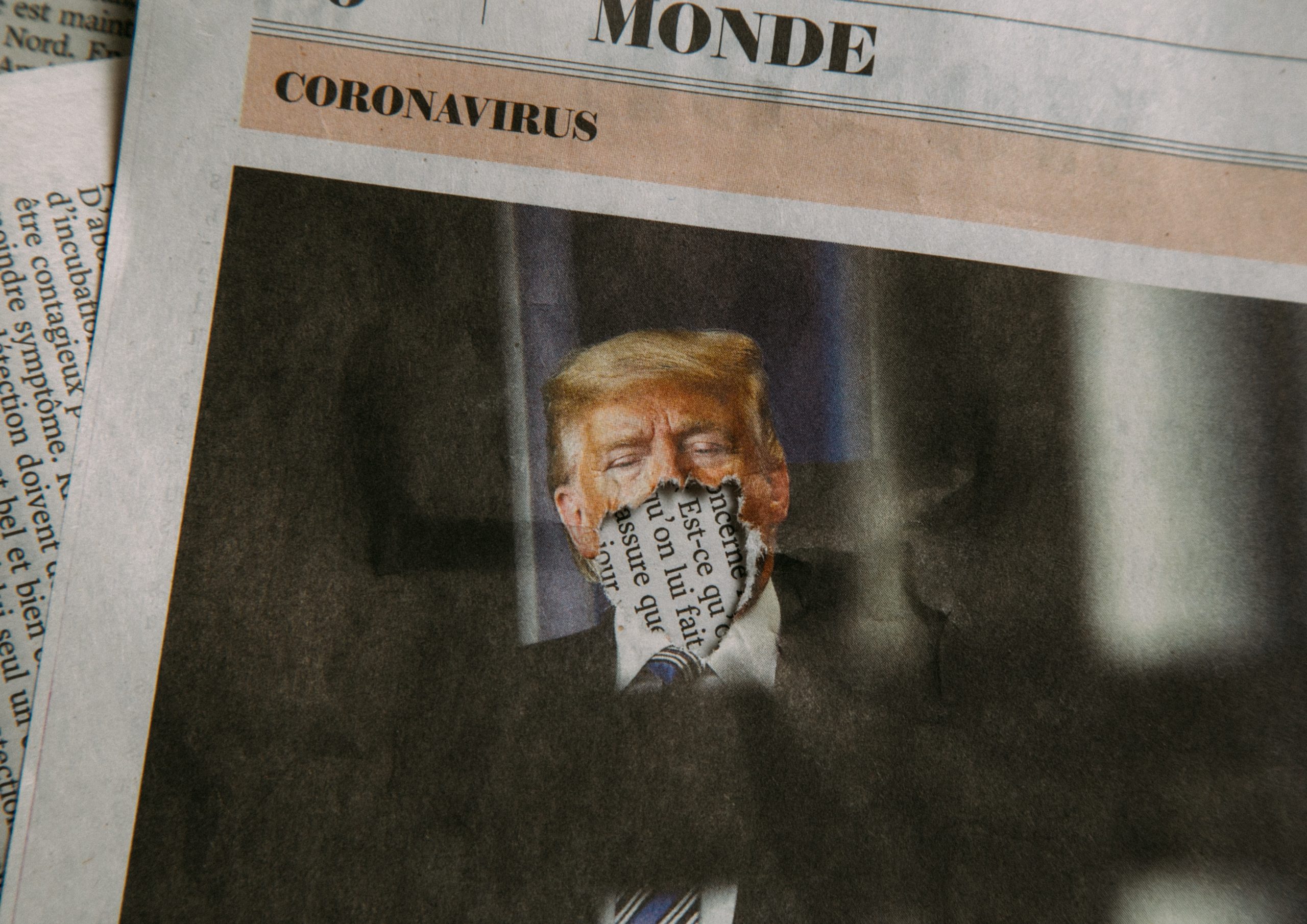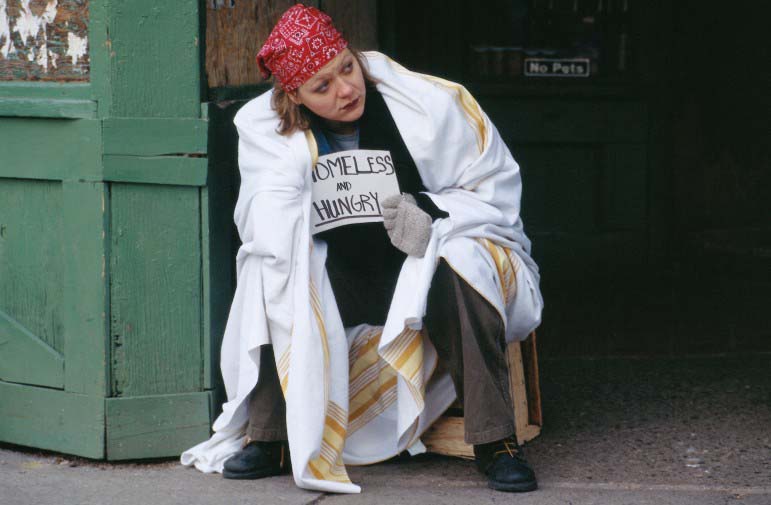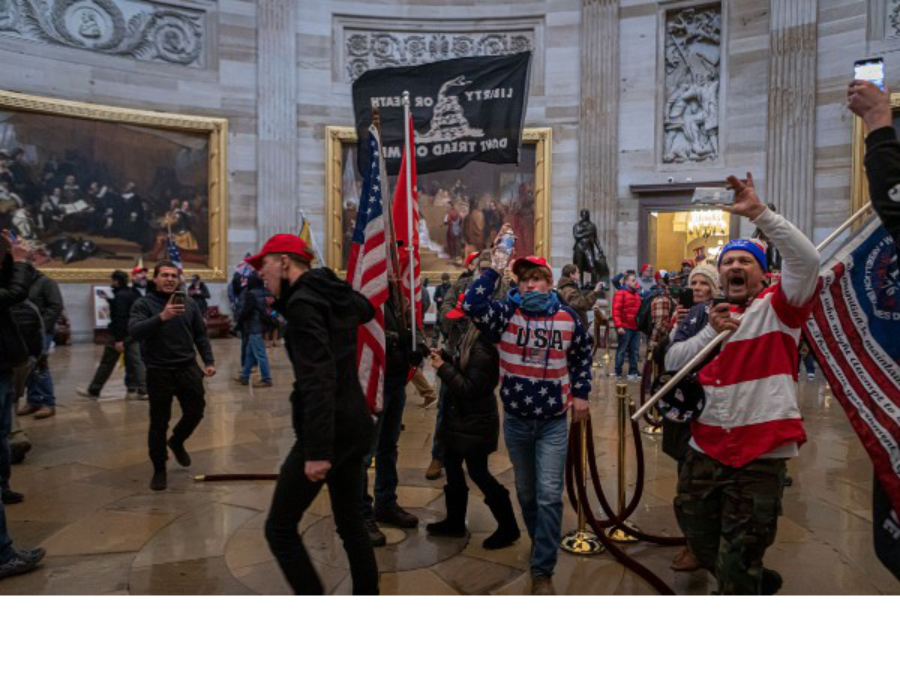
Silent Witness
January 8, 2021
Church or state: who should care for the needy?
January 29, 2021Julian Borger covered the attack on the US Capitol for the Guardian. The Washington gang, he said, had much in common with other angry crowds he had seen: Afrikaner neo-Nazis in South Africa, Bosnian Serbs in Sarajevo. Reading reports like this, I find myself settling into the comfortable role of a Manichean, or perhaps an elitist Enlightenment radical. I know the truth, but they, the misguided mass, are misinformed.
But what is the real difference between them and me? Am I not choosing my sources of information just as they choose theirs? After all, I didn’t count the votes in that election. I guess you probably didn’t either. We all put our trust in particular sources while rejecting others.
Borger writes of angry mobs:
They can create their own reality and their own rules, which can change in an instant with the mood of the crowd. At a certain point on Wednesday, it became OK to turn on the media, and then it became OK to attack the police. A few people tried it and were cheered, so it became instantly permissible for others to pile in, and the police were overwhelmed.
They also have an unshakeable belief system.
Everyone I talked to in the crowd was sure the election had been rigged. Trump had lost all those court cases because the real evidence had not come to light, Joe Biden would bring in Chinese-run socialism, and so on. They have been told these things every day by their media and their leaders. Trump was telling them the same things on Saturday. The crowd also shared a fatalistic certainty a second civil war was imminent.
In a world of alternative facts, are any of them the truth? How do we find out which?
The difference between the two sides is that one side is accepting the Establishment’s sources of information and the other isn’t. I’m assuming that the vote-counting was good enough. Others don’t believe it.
In every society opinions about the facts differ. However, every society also needs a shared framework for debating differences. We need a consensus about how to judge what is true. When that is missing reconciliation becomes impossible. Then, conflicting parties demonise each other and violence is not far away.
Usually, a society’s consensus is maintained by its ruling establishment – in their interests, but qualified by the need to carry public opinion with them. (‘The ruling establishment’ is an inexact term; I’m just using it to refer to the people with the most power to govern and inform.)
Public opinion is increasingly unhappy with the establishment’s picture of reality. This is especially true in the USA but is also true of Britain and other western countries.
In 2016, when Trump was elected, most of the complaints were about external meddling through social media – using Facebook and Twitter to spread misinformation. In Britain, the Brexit vote received similar criticism.
It’s more than that. Most popular newspapers are owned by billionaires. They tend to agree with each other about a lot of things – low taxes on the rich, a ‘free market’, etc. They use their outlets to manipulate public opinion. Television largely follows their lead.
As control of our information passes to a small and unrepresentative elite, and as this elite uses it power to change public opinion, society divides. Some accept the picture of reality they are given. Others rebel against it.
There are good reasons for rebelling. The more determined establishments become to manipulate public opinion, the more they lie. A recent British example is the approval of the use of neonicotinoids, which kill pollinators including bees. Their use is banned by the EU. Before Britain left the EU the Environment Secretary, Michael Gove, reassured us that they would not be reintroduced. However their reintroduction has already been approved. Nobody is surprised. We have grown used to governments operating like this.
The general disillusionment has produced a widespread anti-establishment mood. Many people justifiably feel misled and exploited. Ironically, this feeling can itself be manipulated. Donald Trump, Boris Johnson and Nigel Farage, all products of the political and ruling establishment, have had successful careers by presenting themselves as anti-establishment.
The problem is bigger than Trump, bigger than the USA. How can it be solved? As I see it, the following are essential to a stable society.
1) A statutory and accountable system for providing every citizen with the means to establish what is going on – so that they know how to check what they read in social media and newspapers. Today most people don’t know how to do that.
2) Constitutional reform, to ensure that powerful elites cannot deliberately mislead the public.
3) Public recognition of the need for public moral responsibility – that everybody so capable, but especially public servants, should be expected to contribute to the well-being of society. This should replace the current all-too-widely approved mood of encouraging individuals to seek their own economic advantage without regard for how their actions affect others.
It won’t do to just denounce those attackers, or blame Trump, as though everything would have been okay otherwise. We got them because everything wasn’t okay. When the dominant narratives contradict many people’s experience of life, something has to change. If we are to re-establish a society at peace with itself it’s worth exploring how to do it.




